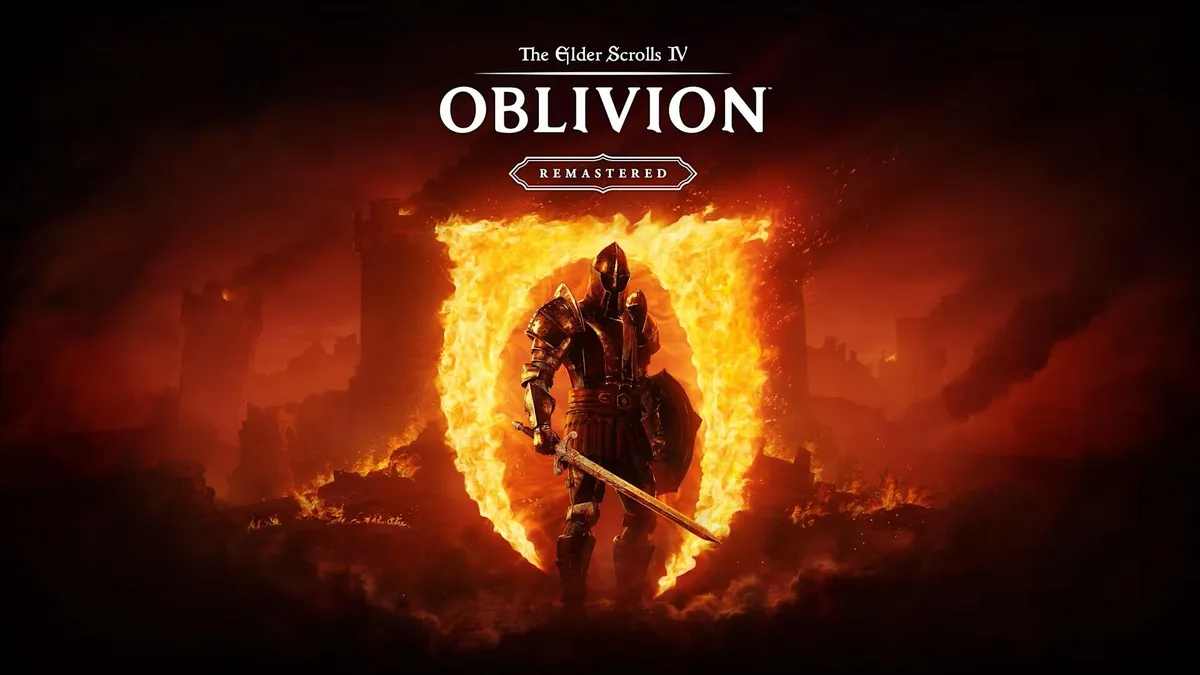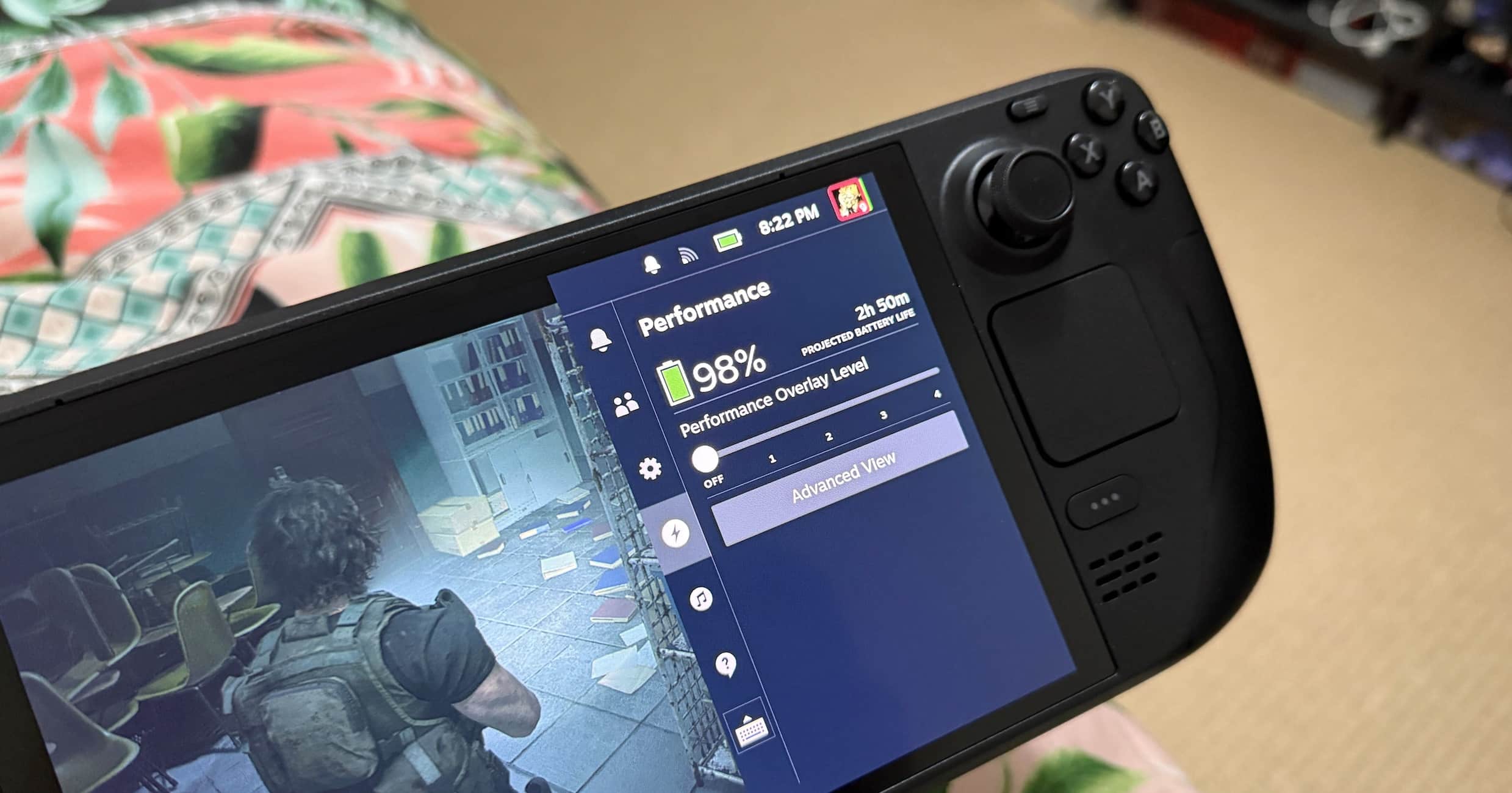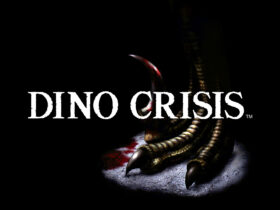There was a time, not too long ago when buying a new game for your console meant one thing – you owned the game. You slid the disc in, maybe waited a minute or two for an install, and that was it. You could play the game you just purchased. Today, more often than not, a physical copy is nothing more than a glorified access key in a plastic box.
After the surprise launch of The Elder Scrolls IV: Oblivion Remastered in April, the anticipation for a physical copy has been palpable. However, recent backlash has seen frustrations boil over. Players and collectors excited for the remaster in physical form are finding out now that the copy requires a hefty download anyway, and in some cases the disc is essentially a useless piece of plastic without an internet connection.
This begs the question: Why bother manufacturing the physical copies in the first place, if it’s nothing but a hollow shell for a download code? For collectors, preservationists or even just nostalgic players who just love to see the games they purchased on their shelves, it feels like nothing short of a betrayal.
Obviously not much changes for publishers, it’s business as usual, but especially since Ubisoft’s announcement of “you won’t own the games you buy, you’re just renting them”, the concept of what it means to actually “own” a game is a dubious one at best.
Do Physical Copy Video Games Exist Anymore?
There’s been a lot of backlash for stunts like this, and even this author hasn’t been spared, considering I’m quite the avid big-box collector myself. But the fact that even a big release such as Oblivion Remastered faces such criticism shows us that it isn’t just about a single game, it’s much more about what that little Blu-ray disc represents.
When you pick up a physical copy, there’s a certain expectation that comes with it, at least it used to be that way. I can still remember how excited I was, when the Knights of the Old Republic was lying under the Christmas tree in 2003. Opening the box, looking at the CDs, smelling the manual – if you’ve been a gamer around that time, you know what I’m talking about. You now own a playable artifact, and as much as I love the convenience and sheer size of the library Steam has to offer, I can’t help but mourn what we lost in the process.
Physical game sales in 2024 were less than half what they were as recently as 2021, with numbers dropping steadily since 2008.
Sure, there are advantages too, since now you can patch a game much later in the launch cycle, giving developers time to shape the game experience further and smoothen out edges. That wasn’t really possible with just physical copies, but I’d argue a hybrid approach might’ve been the better solution here.
Another point is, now the incentive for devs to ship barebones skeleton builds that require a massive download to function is just too tempting, especially when you look at the developer/publisher relationship in recent years.
This approach means that for multiplayer titles, when servers inevitably go dark, the disk won’t mean anything. It’s not a game anymore, it’s a glorified coaster.
This approach is completely counter-intuitive, since it defeats the purpose of buying physical in its essence. The security of ownership in a world where digital storefronts can just go along and pull the plug, without anything we can do about it.
Game Preservation
One of the biggest arguments for physical media has always been game, nay, art preservation. To this day, you can still boot up an old N64 cartridge or a PS1 disc and play the game you bought in the 90s exactly as it was shipped way back when. This is exactly why retro collectors still exist, and it sickens me to think that my original copy of Dark Messiah of Might and Magic just isn’t worth scrap anymore nowadays.
What happens then, when your physical copy of a modern game is just a shell requiring a server that won’t exist in say, 10 years? The angle of preservation simply collapses, is what. Future players, historians, and even modders simply won’t have anything to work with, in turn killing the game in question.
Instead of an artifact of a gaming era gone by, you’ll have a hollow husk, a piece of plastic that collects dusk. It’s baffling, for a medium that’s still so young and still to this day fighting to be recognized as art in the public Zeitgeist, time hasn’t been kind to our favorite hobby.
ublishers have their reasons too, and some of them might even be practical. Games are bigger than ever and have long transcended movies and even music in some places, when it comes to revenue. Blue-ray discs also only hold so much data, and splitting them across multiple discs is a costly endeavor.
The industry has spoken and it has largely decided that asking players to simply download the rest of the game is much cheaper, especially since gamers apparently prefer convenience over ownership anyway.
Then there’s the issue of control. Requiring downloads gives the company in question more flexibility for last-minute patches, content updates, balancing changes and yes, you guessed it – DRM.
But let’s not pretend this isn’t all about the money, at the end of the day – digital sales have proven to be much more profitable. Physical discs still need packaging, distribution, heck – even design and retail shelf space are probably a reason for these publishers too. Secondhand sales are also pretty much a thing of the past, and by turning physical copies into little more than packaging for a download, companies get to have their cake and eat it too. Smart move guys, smart move. But does the consumer actually benefit from any of this?
Discs vs Physical Copy
For players, the result is a lose-lose. Buy digital and you accept you’ll never own anything tangible. Buy physical and you still need an internet connection, plus a hard drive big enough to house dozens of mandatory installs. It’s no wonder the outrage around Oblivion Remastered hit so hard.
Fans wanted a disc they could slot in and revisit the Imperial City without worrying about servers or, arguably even worse, having the game pulled off Steam entirely.
The irony is that the entire marketing angle of a remaster leans on nostalgia, on rekindling that feeling of holding a beloved RPG in your hands. And yet the physical box doesn’t deliver on that nostalgia at all – it’s more like cosplay than ownership. No manual, no stickers, no cool map to hang above your gaming rig, it’s all gone in most cases.
When Will Physical Video Games Disappear?
The Nintendo Switch 2 was fitted with backwards compatibly for its predecessors physical copies, so if the Switch 2’s lifecycle lasts as long, Nintendo could be a beacon for hard copies into the 2030s.
PlayStation are also perhaps more forgiving than software experts Microsoft, although the PS5 Pro ships without a disc drive and requires players to purchase it separately.
I’m not equipped with rose-tinted glasses, at least not 100%. Maybe my expectation is the real problem and I just can’t let go of the “good old times”. Physical games are no longer what they once were, and maybe I just need to learn how to accept that.
Having said that, I don’t think it’s unreasonable for players to demand honesty. If a box doesn’t actually contain the game, just call a spade a spade: it’s a collector’s item with a code. Don’t call it physical, when it just isn’t true. There are solutions both publishers and gamers could be happy with, where more complete games could be shopped on multiple discs. We know this works, because Final Fantasy VII Rebirth did it. Indie Devs and other publishers like Limited Run Games have shown there’s still a demand for honest to God physical releases.
At the end of the day, this issue is about trust more than anything else. Players buy physical copies because they want permanence. They want something real. When that trust is broken, when the “disc” is just a Trojan horse for another download, it arguably cheapens the whole idea of physical media.
Oblivion Remastered for example could have been a love letter to one of the greatest RPGs ever made, a chance to give fans a disc worth putting next to their 2006 original. Instead, it’s another reminder that the industry values convenience and cost-cutting over preservation and player trust. It wouldn’t be a Bethesda physical release without anything wrong with it though, right?






